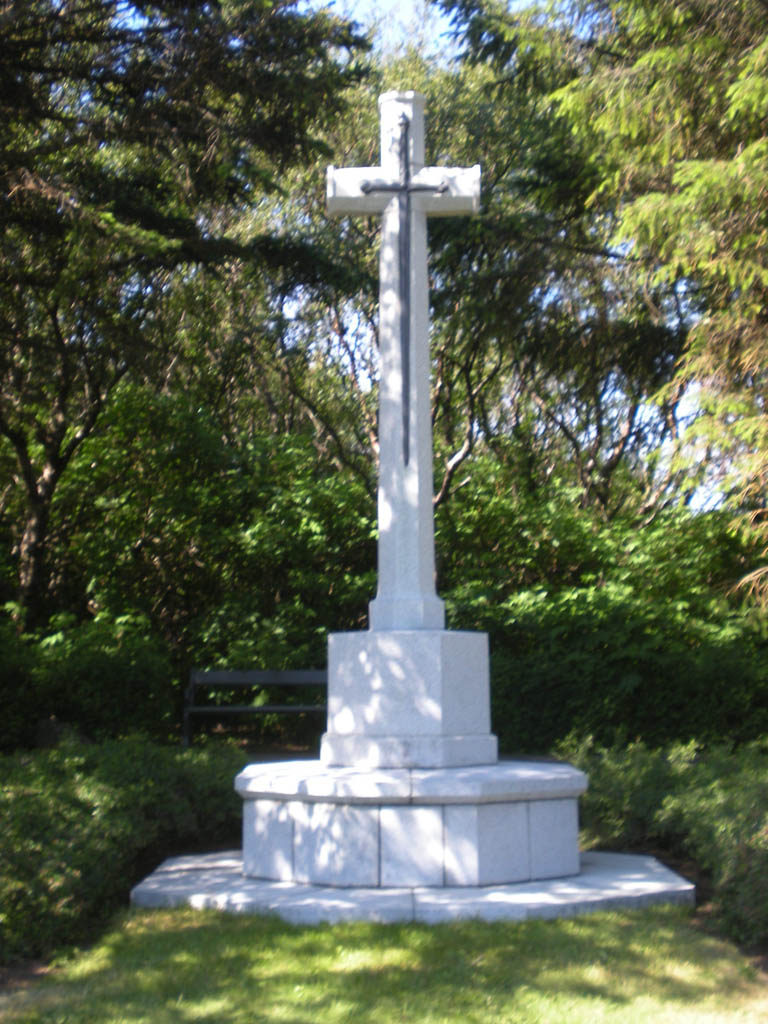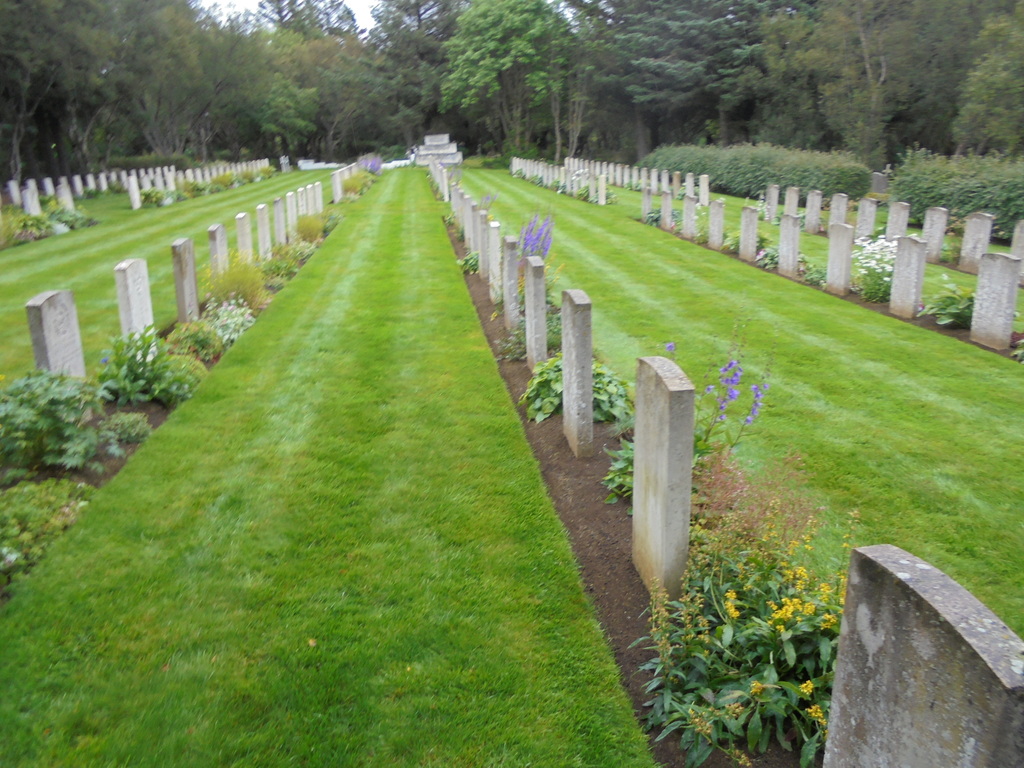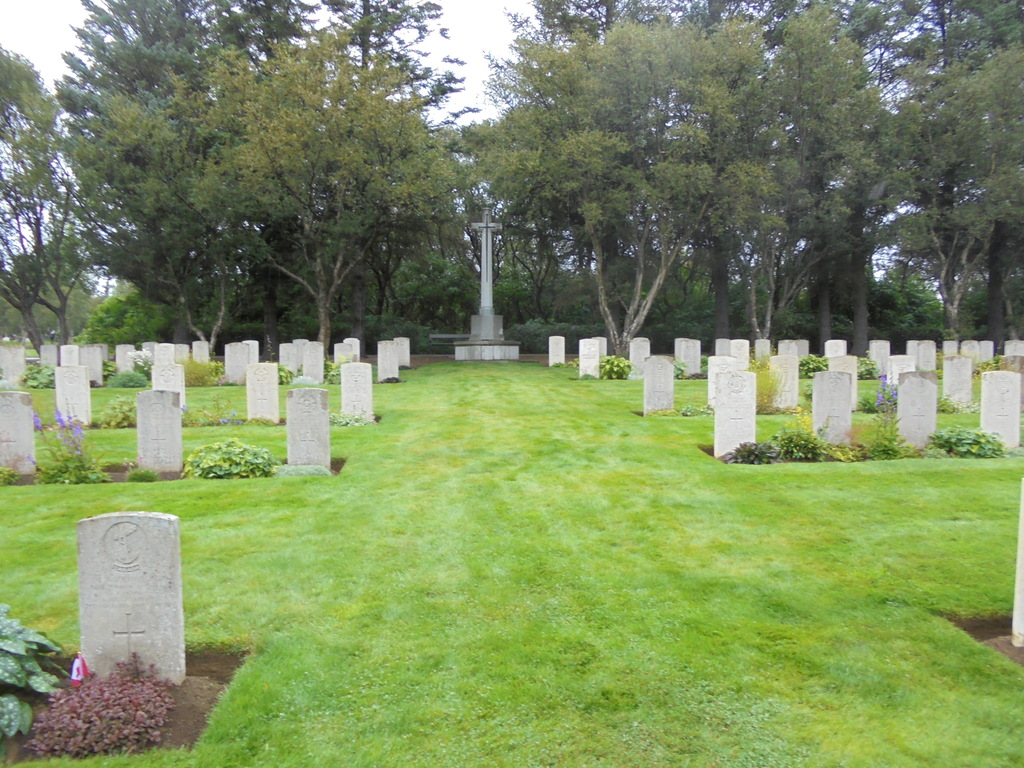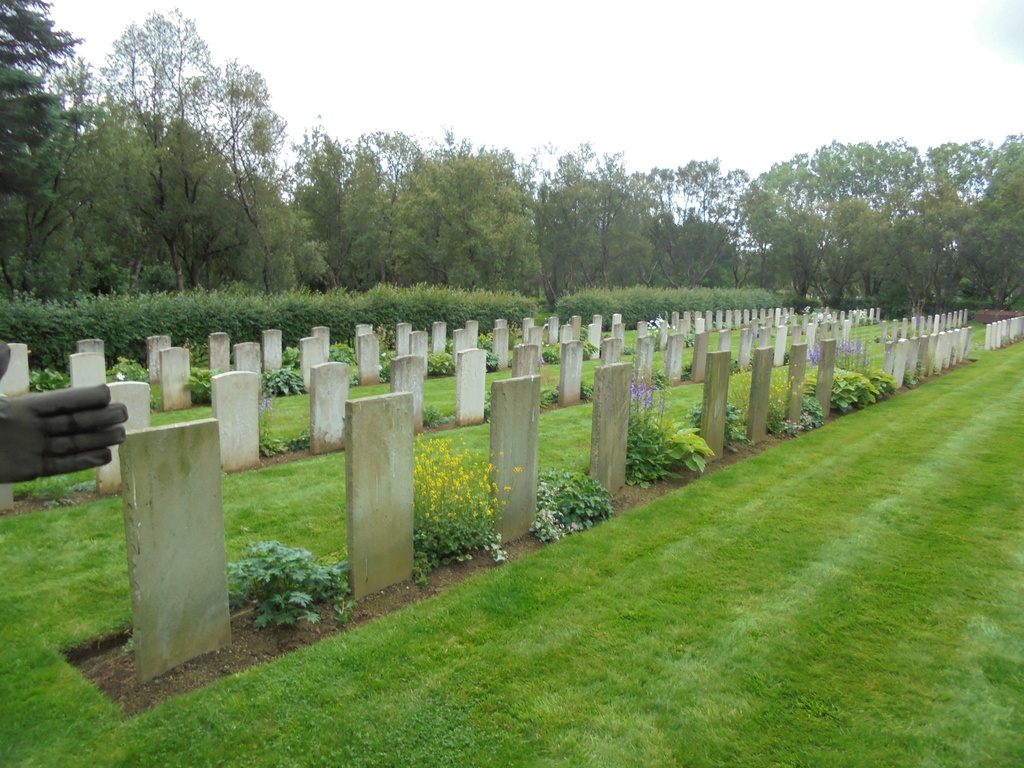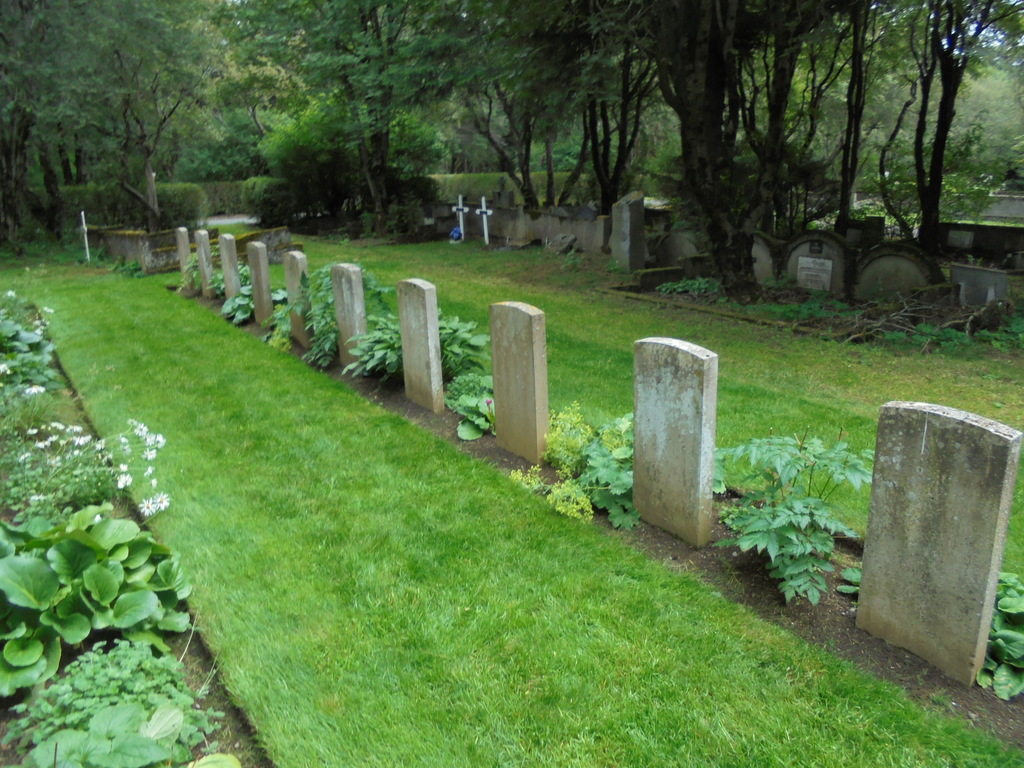Reykjavik (Fossvogur) Cemetery
- Country Iceland
- Total identified casualties 206 Find these casualties
- Identified casualties from Second World War
- GPS Coordinates Latitude: 64.12408, Longitude: -21.91098
Location information
Reykjavik is in the south-western part of the island. The Fossvogur Cemetery lies south of the town on the road to Hafnarfjordur. The cemetery can be reached by bus or by an easy ten minute taxi journey from the centre of Reykjavik. If driving from Reykjavik, drive south past the domestic airport, follow the road past the airport and take the Bustadavegur road signposted to Keflavik International Airport. After passing a large domed building on the left hand side, turn right into Kappellutorg. The entrance to Fossvogur cemetery is signposted Fossvogur kirkjugarour.
Visiting information
The war graves are in two plots about 90 metres apart. From the entrance go past the white administration entrance on right. You will see a church on the left in the distance. Follow the tarmac path straight ahead from the parking area travelling slightly downhill to the main war graves plot. It is a short walk from the car park. The second smaller plot is to the right of the main plot while facing the cross.
History information
Iceland was under Allied occupation for much of the Second World War, primarily to guard against possible German invasion, but the considerable air and naval forces based there also provided an important link in the defensive chain across the Atlantic for the protection of shipping. Commonwealth land forces were relieved by the Americans in October 1942, but the naval and air force presence was maintained until 1945.
No 50 General Hospital was based at Reykjavik from June 1940 to March 1942 and No 30 General Hospital from July 1940 to September 1941.
This civil cemetery has two war graves plots containing a total of 199 commonwealth burials. Four of these burials were made in the Summer of 2000 when weather conditions made it possible to recover remains from an aircraft that had crashed into a glacier in 1941.
The war graves plots also contain one Russian and eight Norwegian war graves, and eight non-war burials.


